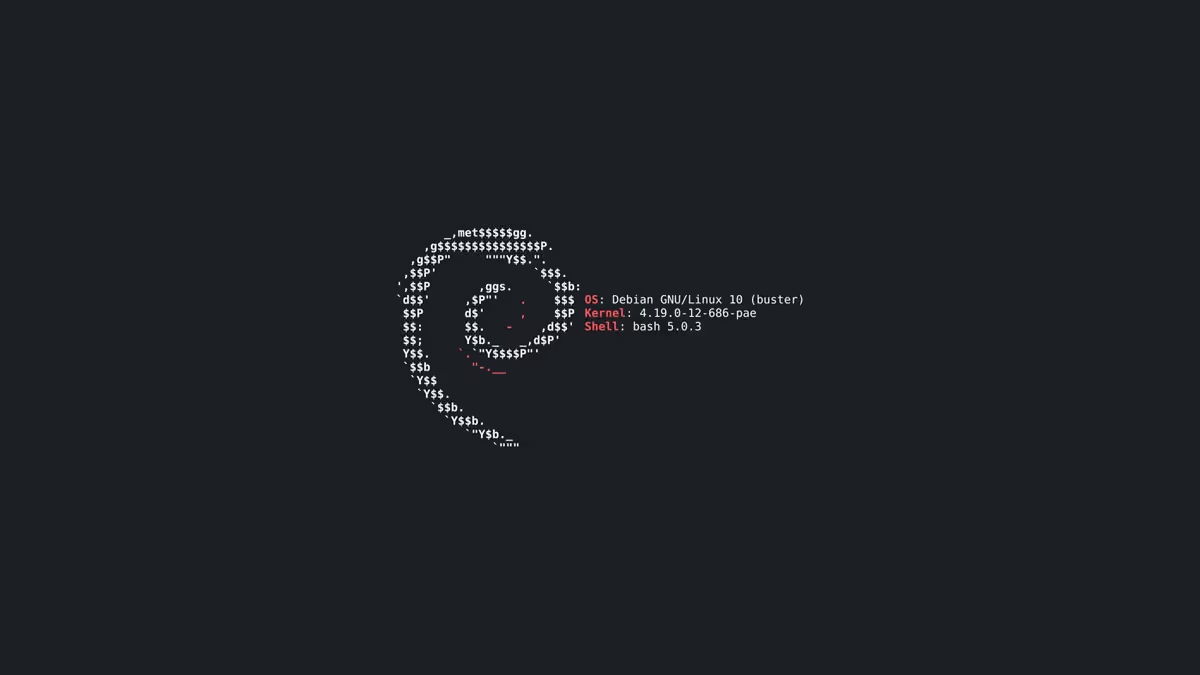Ubuntu and Debian are closely related, with Ubuntu being derived from Debian. However, there are several reasons why Ubuntu users might eventually migrate to Debian. I was an Ubuntu Linux user initially and when I learned most things about using Linux I did a lot of distro hopping, and soon I made a choice and moved from Ubuntu to Debian. Now I am a Debian Linux user from last many years, even my web server is Debian too.

Based on my on experience and some other tell-a-tale reasons, combining both, here are some of the main factors driving this transition:
1. Stability and reliability.
Debian:
- Stable releases: Debian is known for its stable branch, which undergoes rigorous testing before release, making it highly reliable for production environments.
- Minimal updates: The stable branch of Debian receives fewer updates, which translates to fewer disruptions and a more predictable system.
Ubuntu:
- Frequent releases: Ubuntu releases new versions every six months, which can lead to more frequent updates and potential instability.
- LTS versions: While Ubuntu offers Long Term Support (LTS) versions, some users still find Debian’s stability more appealing for certain use cases.
2. Customization and control.
Debian:
- Minimalist installation: Debian offers a more minimal installation by default, allowing users to install only the packages they need.
- Greater control: Debian provides greater control over system configuration, which appeals to advanced users who prefer to fine-tune their systems.
Ubuntu:
- Preconfigured packages: Ubuntu comes with a set of preinstalled packages and configurations that are aimed at providing a user-friendly experience, which might not be ideal for all users.
3. Software freedom and philosophy.
Debian:
- Free software commitment: Debian has a strong commitment to free and open-source software, and its main repositories contain only free software.
- Non-free repositories: While Debian provides access to non-free repositories, they are clearly separated and require explicit user consent to use.
Ubuntu:
- Proprietary software: Ubuntu includes some proprietary drivers and software by default to improve user experience and hardware compatibility, which might not align with the principles of all users.
4. Community and support.
Debian:
- Community-driven: Debian is a community-driven project, with a strong focus on contributions from volunteers around the world.
- Documentation: Debian’s documentation is comprehensive and often more technically detailed, which can be a valuable resource for advanced users.
Ubuntu:
- Canonical’s influence: Ubuntu is sponsored by Canonical, and while the community plays a significant role, Canonical makes many key decisions.
- User-friendly documentation: Ubuntu’s documentation and support resources are geared towards beginners and intermediate users, which might not satisfy advanced users seeking deeper technical insights.
5. Performance and efficiency.
Debian:
- Lean and efficient: Debian’s minimalistic approach can lead to better performance and resource efficiency, especially on older hardware or in server environments.
- Customizable: Users can build a very lightweight and efficient system by choosing exactly which components and services to install.
Ubuntu:
- Out-of-the-box experience: Ubuntu aims to provide a fully-featured out-of-the-box experience, which can result in a heavier system with more background services running by default.
6. Learning and professional growth.
Debian:
- Learning opportunity: Using Debian can be a great learning opportunity for users who want to deepen their understanding of Linux and system administration.
- Professional environments: Debian’s stability and performance make it a popular choice for professional environments, and familiarity with Debian can be valuable for careers in IT and DevOps.
Ubuntu:
- Ease of use: Ubuntu’s ease of use and user-friendly design make it an excellent starting point for new Linux users, but some might eventually seek the additional challenge and learning opportunities provided by Debian.
Conclusion.
While Ubuntu offers an excellent user experience, especially for newcomers to Linux, some users find that Debian’s stability, control, software philosophy, and performance better meet their needs as they become more experienced.
The transition from Ubuntu to Debian is often driven by a desire for greater control, a leaner system, and alignment with free software principles.
This journey from Ubuntu to Debian is a natural progression for many Linux users as they seek to tailor their computing environment more precisely to their preferences and requirements, which Debian is delivering from beginning.
Leave a Reply